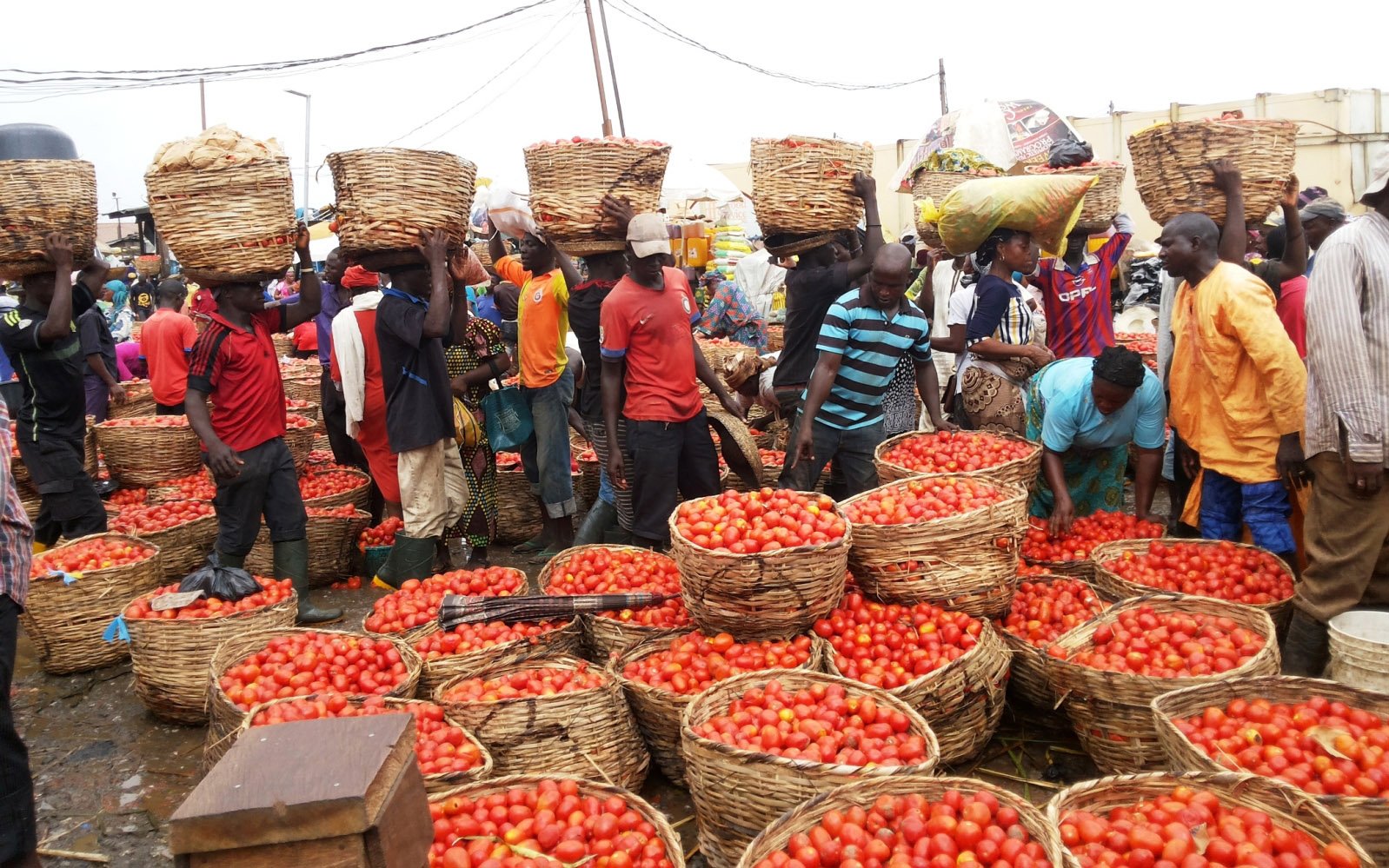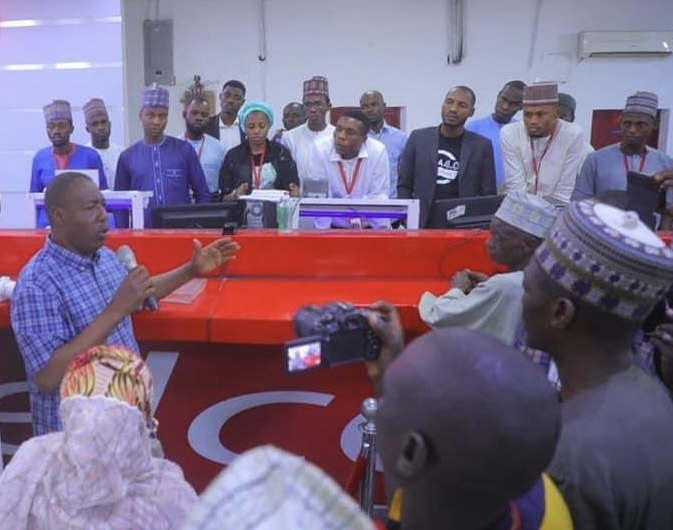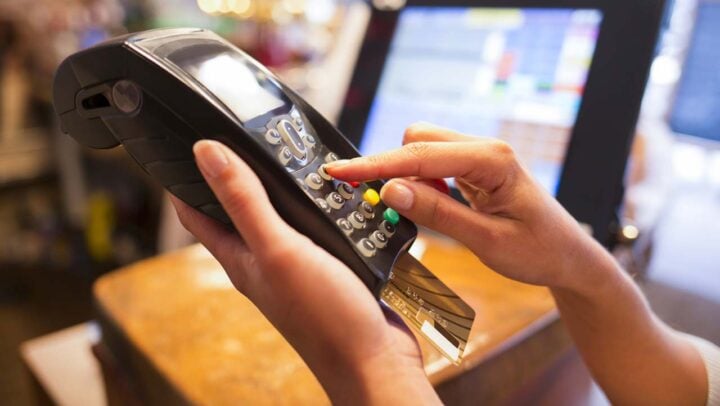Traders and buyers in Lagos have resorted to the use of electronic payment channels amid the lingering scarcity of cash.
A NAN correspondent, who visited some markets in the state on Saturday, reported that most sellers and customers conducted their transactions through online money transfers.
While expressing worries over the cash crunch, they said online transfers were convenient compared to the endless wait in banks to collect cash.
TheCable had reported on Friday that protests broke out across the country over the difficulty in withdrawing money from banks as well as the fuel crisis.
Advertisement
At the Iyanoba food stuff market, items such as oranges, plantain, yams and vegetables were sold through cash transfers on mobile phones.
Isa Ibrahim, an inter-state produce dealer at the market, said that the current hardship in getting cash had made people embrace cashless means of transaction.
Ibrahim, who brought yams from Lafia, Nasarawa, to Lagos, said the new trading trend removed the burden and risk of carrying cash.
Advertisement
“Now that people are getting used to trading without the cash, it is important the authorities advance the service network so that people do not get disappointed,” NAN quoted Ibrahim as saying.
Also speaking, Harriet Otuonye, tool and hardware seller at the Lagos International Trade Fair Complex market, said over the past couple of weeks, most of her customers hardly came with cash to purchase goods.
Otuonye said online transfers would eliminate issues of fake money, manhandling and mutilation of currency notes, especially by market women.
On her part, Jane Akuro, a school teacher, said she was comfortable with paying for her purchases via online transfers.
Advertisement
She said that the security benefits of not carrying large amounts of cash were numerous.
“It will drastically reduce incidents of robbery because when robbers see that people do not carry cash, attacking them for money would be discouraged,” Akuro said.
“Today I have made several purchases without handling cash.
“It’s a pity the government has to force people to adapt to this system. With time, everyone will be used to it.”
Advertisement
Add a comment






